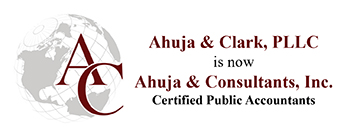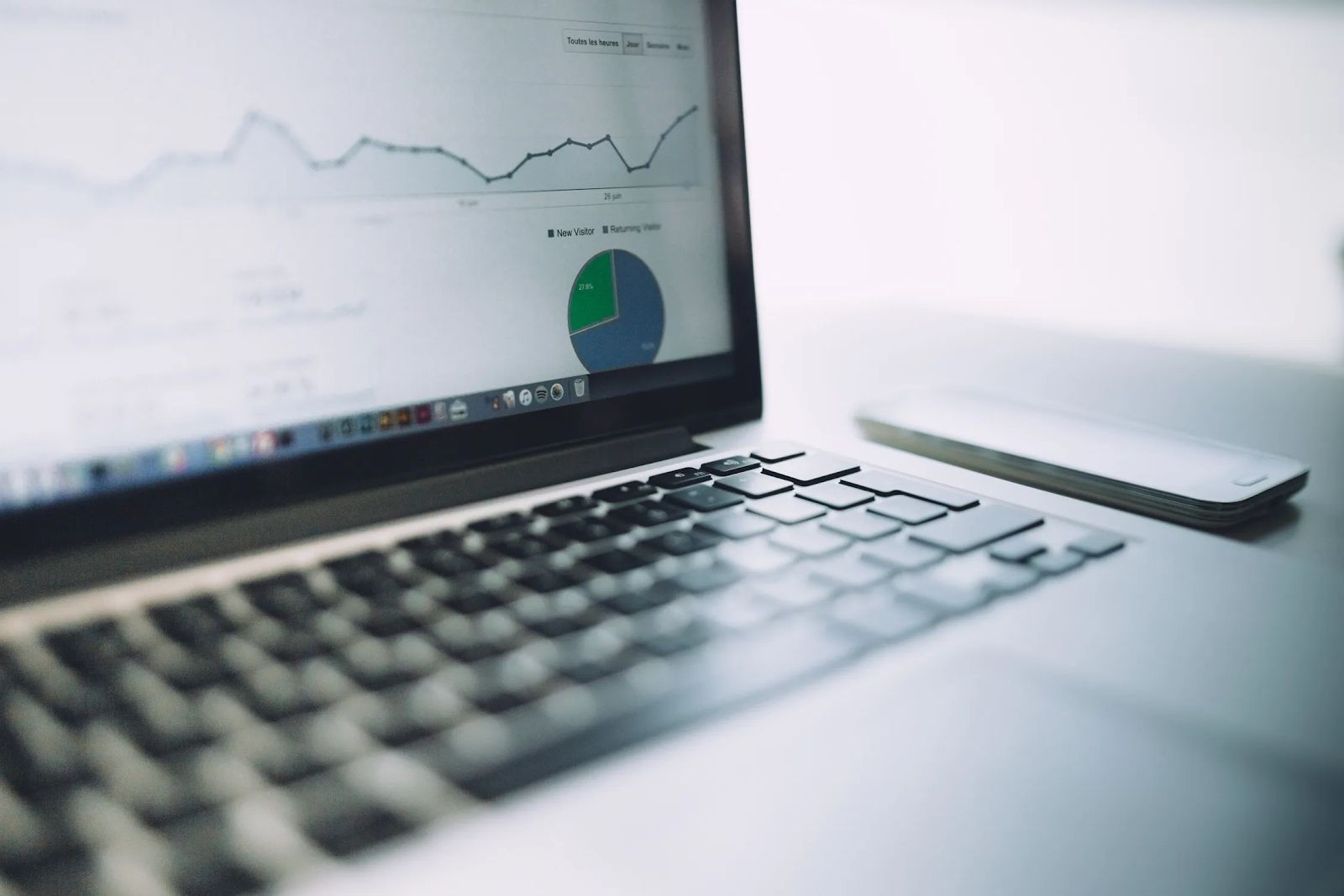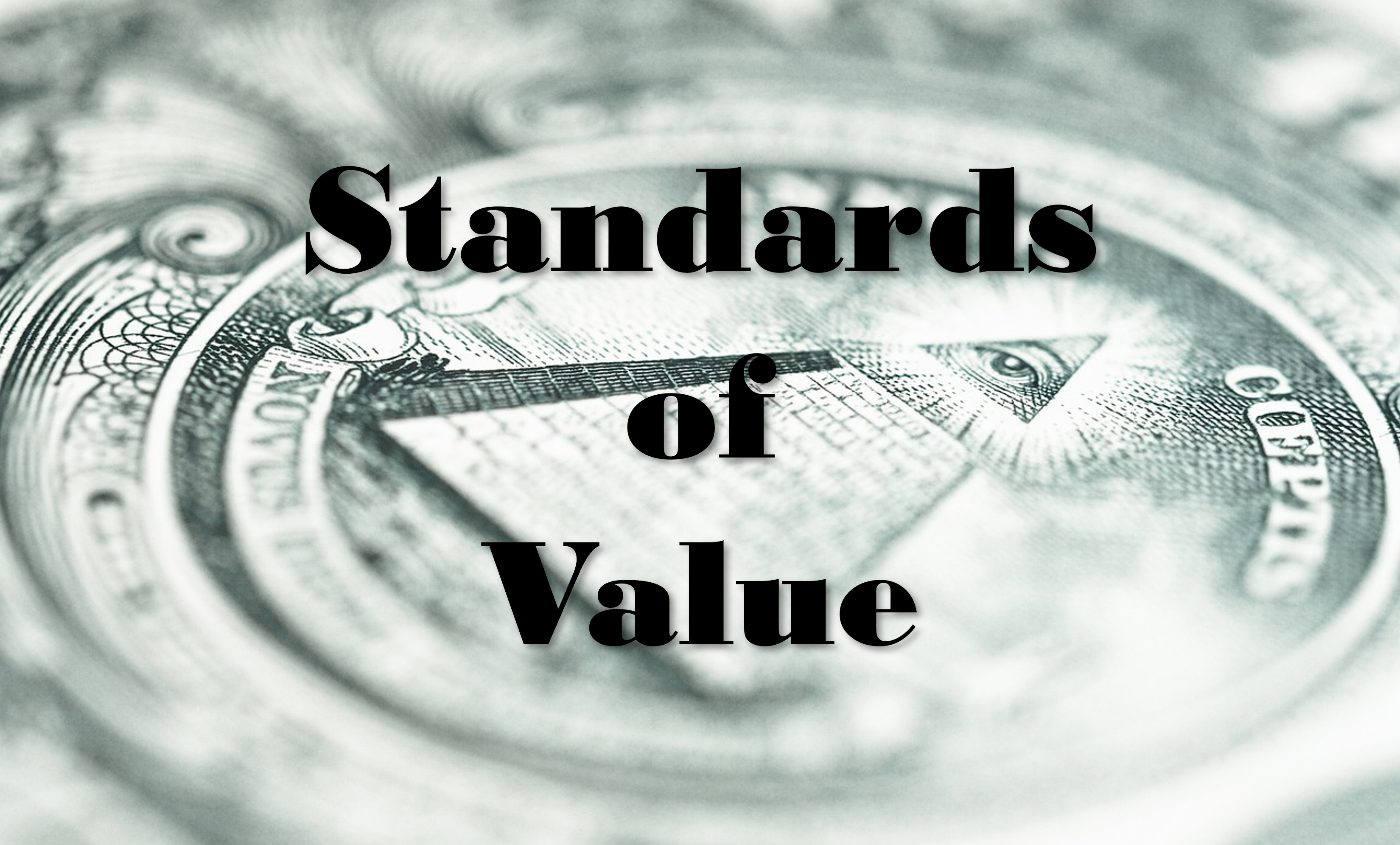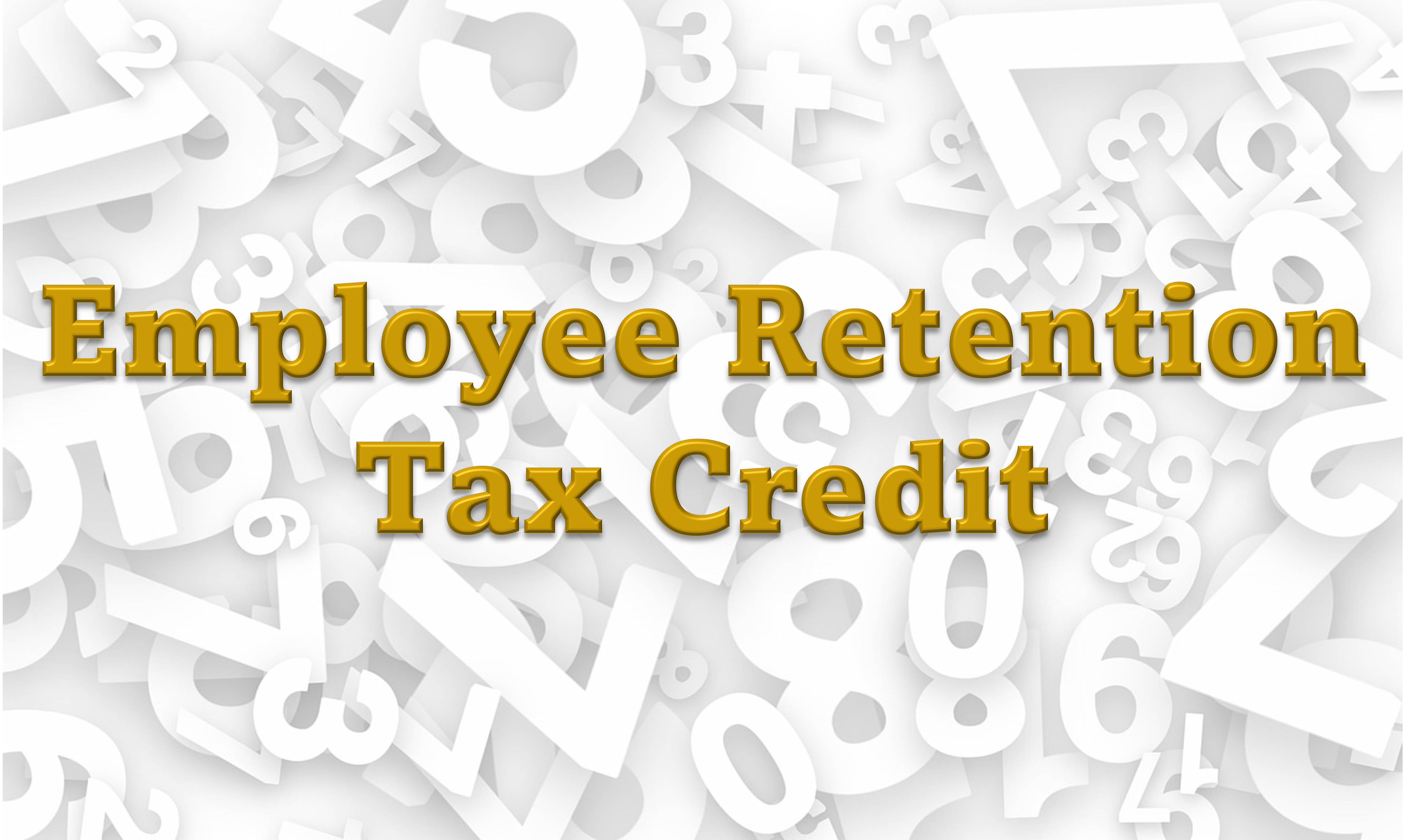As all small business owners know, improving and expanding a company is hard work and involves time and dedication. It’s important to remember, though, that in addition to the day-to-day running of a business, utilizing accounting reports can play an important role in achieving your goals. Listed below are a few of those reports:
Income Statement/Profit and Loss Statement
This report is probably one of the most important on this list, as it tells you how much money a company has made. The income statement, also called a profit and loss statement, shows the revenues and expenses of a business, detailed by categories specific to that business. When accounting software is established, the income and expense accounts are set up to track items in a way that is important for that business to track. The Income Statement will give an overview at any given time of how the company is making, and spending, its money. This report should be reviewed at least monthly for an overview of how the company is doing, and will also allow you to spot trends in your business on a monthly and annual basis.
Balance Sheet
A good way to look at this report is that it gives an overview of what a business owns and what it owes. It is broken into specific categories that follow a basic formula: Assets = Liabilities + Equity.
- Assets: What the company Assets consist of bank accounts, accounts receivable and other property owned by the company, such as computers, vehicles, etc;
- Liabilities: What the company Liabilities are made up of credit card accounts and business loans;
- Equity – The difference between what a company owns and what it Ideally, this number is a positive one, which will increase over time as your company grows.
Accounts Receivable Aging
Accounts receivable (A/R) aging reports tell you how your company is doing with collecting payment for work performed. It will tell you which customers pay on time, who pays late, and which clients perpetually have balances.
Accounts Payable Aging
Accounts Payable (A/P) aging reports show you who and how much your company owes, as well as how long those bills have been on your desk to be paid. As long as your books are updated, it’s easy to see when bills are due so you don’t miss due dates and can avoid late fees and other costs.
There are many ways to evaluate the health and trends of your business, and reporting is only one of many tools available. If you’d like assistance in preparing any of these reports or have any questions related to setting up accounting software to prepare them yourself, please reach out to us at (469) 467-4660, or info@ahujaclark.com.






